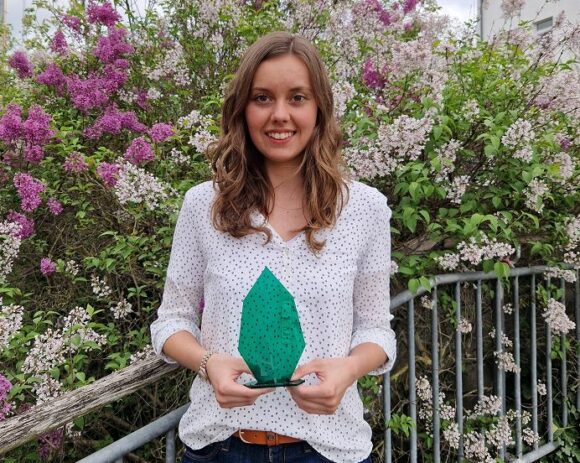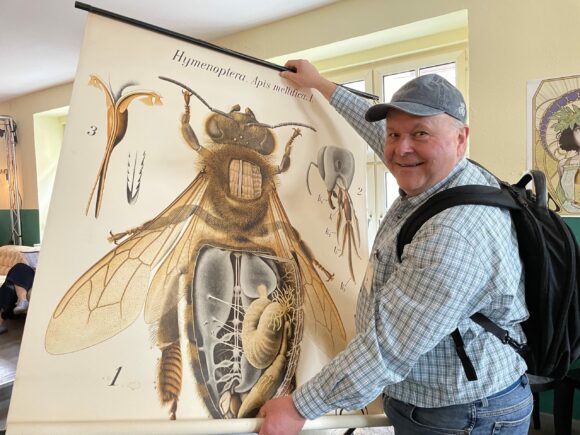Hof University of Applied Sciences is currently working on a project that could prove revolutionary for the development of Industry 4.0 in the medium and long term. In the international “Rent a machine” project, researchers and students have set themselves the task of creating a platform accessible to all companies in the manufacturing sector, on which free production capacities of all kinds will ultimately be available and rentable worldwide.

At the core of this is the question: “How can production be even faster and more flexible in the future?”
We want to create a networking platform that makes it possible to locate free capacities of machines with the help of a location or radius search and to rent them for one’s own needs!
Prof. Dr. Heike Markus, Head of Master’s Program Operational Excellence
On the one hand, this is interesting for companies that, for example, cannot handle large orders in time with their own resources – or for companies that, due to a poor order situation, are experiencing more frequent downtimes of their own machines and would like to limit these by renting them out. The latter can enter their capacities there – together with the data on the machines and their financial expectations for their use.
Produce anywhere at any time
The core of the project is the use of the beckn OpenData protocol, which links standardized interfaces and makes them accessible. “The associated app should then create complete transparency of all necessary machine data and thus enable companies to produce as far as possible anywhere and at any time – just as if it were their own machine. Of course, other operational issues can then also be clarified in parallel with the app.” And further:
Overall, it’s about the targeted increase in flexibility, speed and value creation.”
Prof. Dr. Heike Markus
Development of a prototype
Currently, a prototype of a machine is being developed for this purpose in cooperation with the company ETS Didactic GmbH from Kinding in the Altmühltal, with which the system is to be tested, improved and ultimately transferred to any other possible machine. The technology foundation FIDE in Bangalore, India, is also involved in the development of the system. The prototype should be completed by November of the current year and further development of the actual use cases achieved. The project manager is also optimistic about the market launch: “There are already contacts with large companies that have expressed initial interest in the application,” says Prof. Dr. Heike Markus.
International partners, international team
The development of the solution is currently being implemented at Hof University of Applied Sciences by an international team: Three Indian students from the “Software Engineering for Industrial Applications” and “Operational Excellence” degree programs, a research assistant from Bolivia and another employee from Iran are also working here under German leadership. “This combination has proven to be very exciting, experimental and enriching for all sides,” concludes the project manager.







